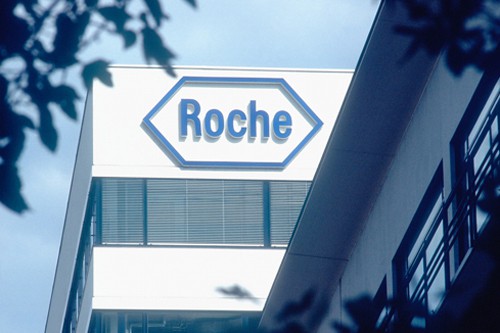
The National Institute for Health and Care Excellence (NICE) has recommended that Roche’s Evrysdi (risdiplam) be made available to patients in England as part of a managed access agreement.
The deal agreed by Roche and NHS England will see 1,500 people with a rare genetic disorder spinal muscular atrophy (SMA) gain access to the drug while more data is collected to “address the uncertainties” identified by NICE. Once Roche submits this evidence, NICE will make a decision about routine use on the NHS.
NICE’s previous decision to reject Evrysdi for routine NHS use due to cost concerns was criticised by patient organisations including SMA UK, which called the move “disappointing” and urging Roche to reach an agreement with NHS England.
SMA is a progressive condition that affects the nerves in the spinal cord and leads to muscle weakness, loss of movement and difficulty breathing and swallowing. Most people with the severest form of the condition, type 1, die before the age of two without treatment.
Evrysdi was approved by the MHRA earlier this year to treat people with types 1, 2 and 3 SMA and some people with the condition before they start showing symptoms.
Other therapies are available to treat SMA, including Biogen’s Spinraza (nusinersen) and Novartis’ gene therapy Zolgensma (onasemnogene abeparvovec). However, these are administered by injections – in the case of Spinraza by lumbar puncture every four months – whereas Evrysdi is a syrup that can be administered at home.
NICE deputy chief executive, Meindert Boysen, highlighted the convenience of the treatment. “[It] will not only be less burdensome, and therefore have a positive impact on the lives of both people with SMA and their caregivers, but it will also reduce the treatment administration needs to the NHS In practical terms, the availability of an oral drug should lead to greater adherence to treatment, along with giving access to a treatment to those who aren’t able to have other currently recommended options.”
NHS England chief executive, Amanda Pritchard, said the drug created “a trio of innovative treatments”, along with Spinraza and Zolgensma. “Spinal muscular atrophy is a cruel disease and the leading genetic cause of death among babies and young children, which is why NHS England has been determined to make these treatments available to people as soon as possible to help transform the lives of patients and their families.”
Clinicians have also welcomed the NICE decision. Dr Elizabeth Wraige, a consultant paediatric neurologist at Evelina London children’s hospital, called it “excellent news”, adding: “This will be especially important for those with SMA who cannot receive either of the two existing treatments, Spinraza and Zolgensma. These are very exciting times and I am sure this news will be welcomed by those families and individuals affected by SMA as well as by their clinicians.”




